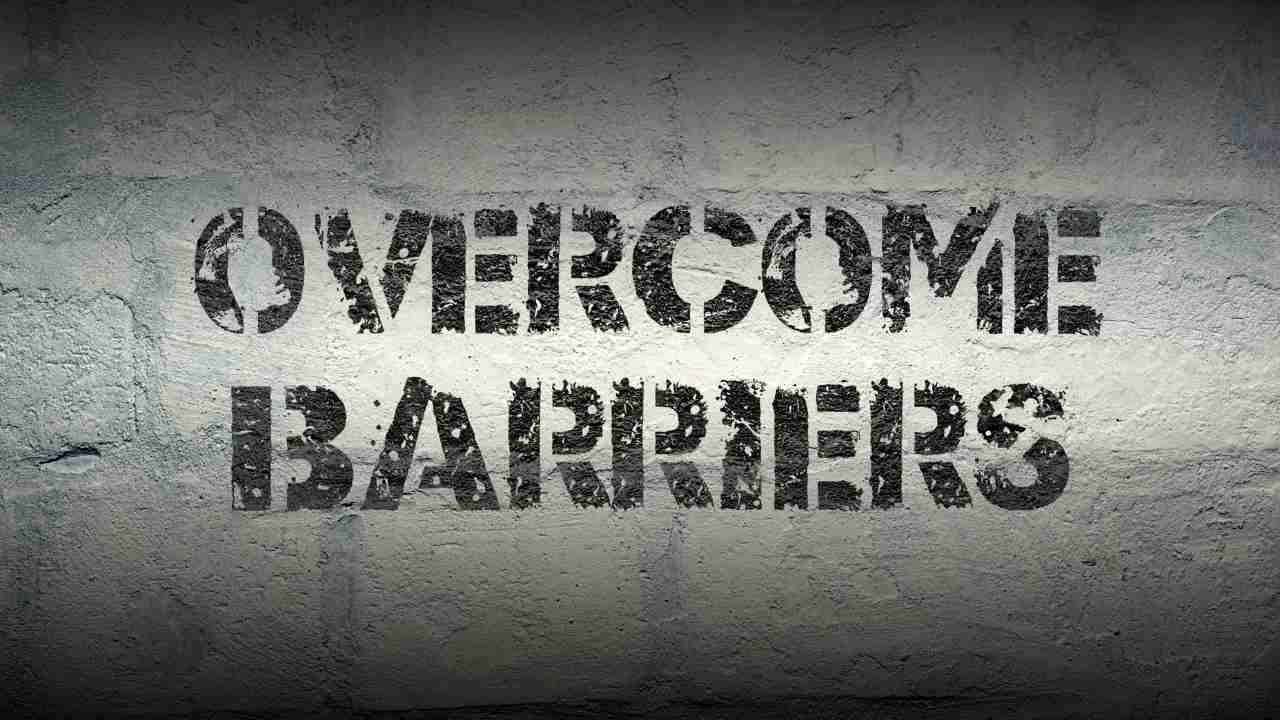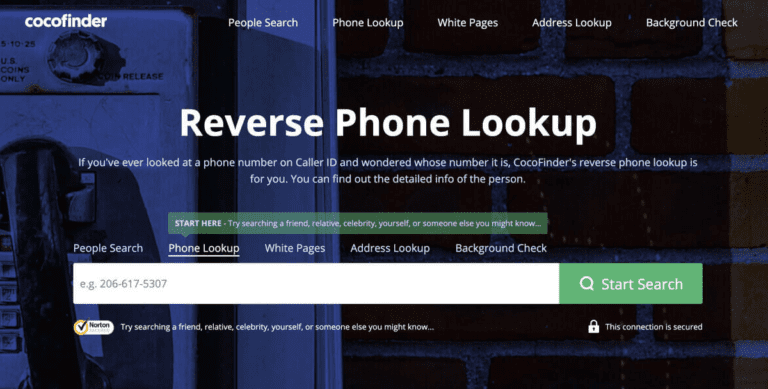I was sure I was going to get the job. I had been trained specifically for it during my schooling, and I had three years of experience performing that job for a campus organization. But there was one problem—the job listing required five years of experience, not three.
I didn’t get the job.
Can you relate with similar experiences of hitting the “experience barrier?” Today, it is common for even entry-level positions to require years of experience, regardless of your other qualifications. If you’re asking yourself, “How do I match my qualifications to a job listing?” or “How do I get the experience I need if no one will hire me without prior experience?” then you’ve come to the right place. Below, we will discuss several strategies for obtaining the experience you need to land your first job.
Start Acquiring Experience Today
One of the best ways to overcome the experience barrier is to get the experience you need—and you can start today, whether you’re still in school or you’ve already graduated.
When choosing your college, consider the availability of internships, campus organizations, and volunteer opportunities that can help you gain experience. You might even select a school geographically near a company you’re interested in working for—especially if they offer internships. You might also consider taking on an entry-level, part-time job at that company, which we will consider more later.
Depending on your career field, you might also be able to work or volunteer in other ways, including:
- Providing pro-bono services to local small businesses or charitable organizations.
- Taking on freelance or gig work.
- Creating personal projects that utilize your skillset.
- Volunteer to teach others.
Finally, you can generate in-field experience by becoming recognized as an expert in your field. Start a blog, write a how-to book, or write guest posts for other blogs and websites. Create YouTube videos or social media posts providing tutorials or following the progress of a personal project.
Read the Labels
When conducting your job search, you may encounter lots of listings for “experienced [job title].” Don’t let the word “experienced” prevent you from exploring the listing further. You may find that they don’t require a finite number of years of experience. Or, the required years may fall into your realm of experience.
In either of these cases, strive to highlight your relevant experience, transferable skills, and skills and training that translate directly to the core needs of the job.
Apply Anyway
Your own reservations are the only thing stopping you from applying to a job you are qualified for—even if you don’t quite have the experience required. The Harvard Business Review recommends applying if you meet at least 60 percent of the job’s criteria. If you compose a captivating cover letter and demonstrate your capabilities to do the job, you may receive an offer.
Request an Informational Interview
The Harvard Business Review also outlines a unique and somewhat sly strategy for seeking a job—requesting an informational interview.
First, use LinkedIn to find professionals in similar roles at the company you’re interested in. Let them know that you’re just starting out in their career and you would like to find out ‘what their day looks like.’
If they agree, you’ve made a valuable contact at the company. You can tactfully inquire whether they met all criteria when they were hired, or if they learned along the way. Your contact might remember and recommend you for the next opening. You might also be considered for a different role at the company—we’ll discuss that more in the next section.
Get Your Foot in the Door
If, after doing all of the above, you are still struggling to find a job, consider applying for adjacent positions. For example, if you have recently graduated with a marketing degree, look for marketing-adjacent positions at companies you are interested in. You might work as a secretary, receptionist, or sales associate. You can express your desire to move into marketing when a position opens. Leadership in the marketing department can get to know you and see your work ethic and initiative. They may even offer training or assign you marketing-related tasks to help you prepare for the position.
It can take humility to apply for and accept a job you feel you are overqualified for, but seeking internal promotion can help you achieve your goals. You can even get this process started prior to graduation by taking a part-time job with a company you are interested in.
Key Takeaways
Gaining experience now is one of the best ways to have the experience you’ll need after graduation. Volunteer, intern, work as a freelancer, or start your own personal projects. Each of these may only provide a portion of the needed experience, but together, they can add up.
Remember, too, that most companies know that they are not likely to find the “perfect” candidate. Network and leverage your experience to prove that you are qualified, even if you don’t yet have the suggested years of experience.







